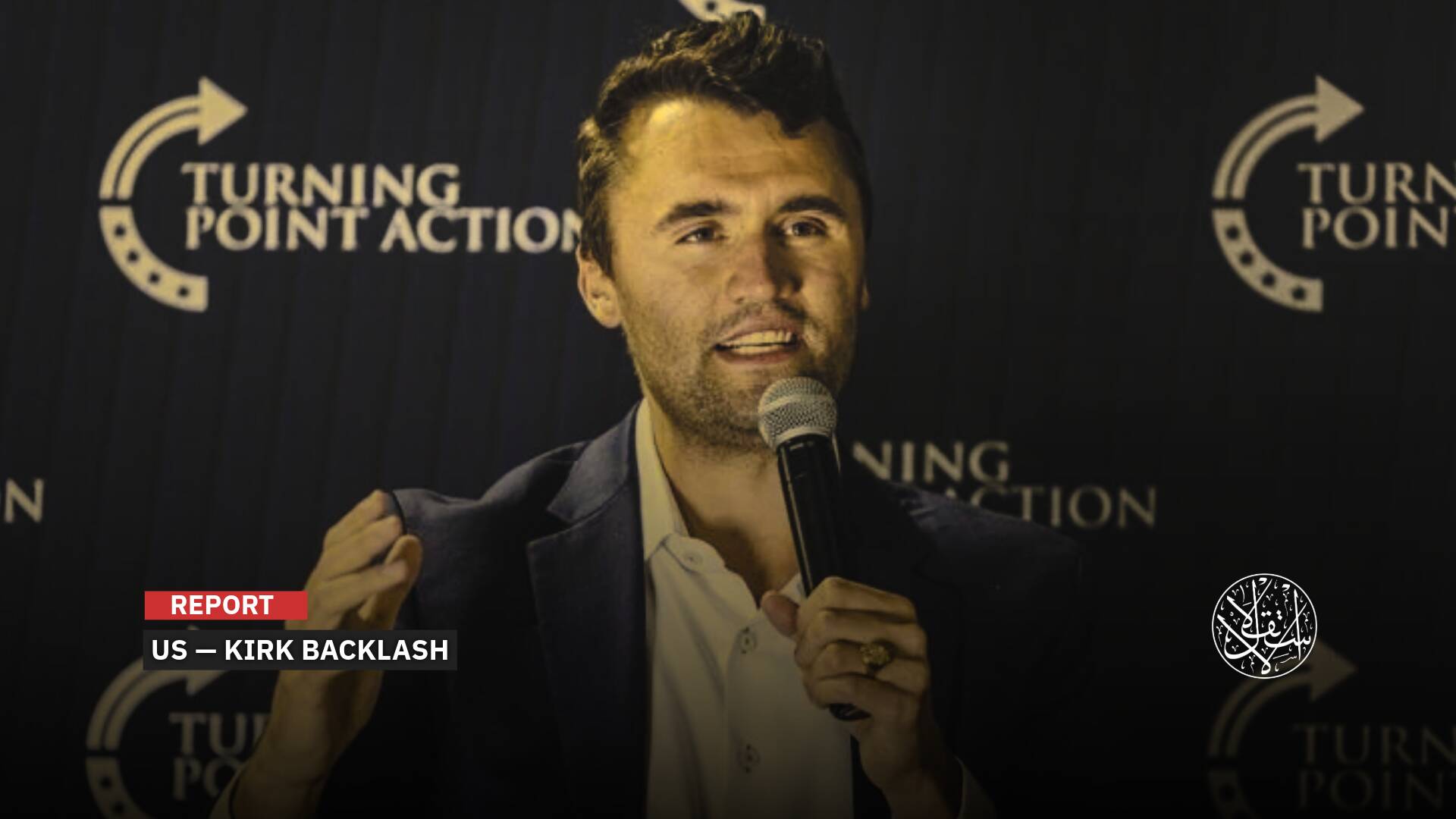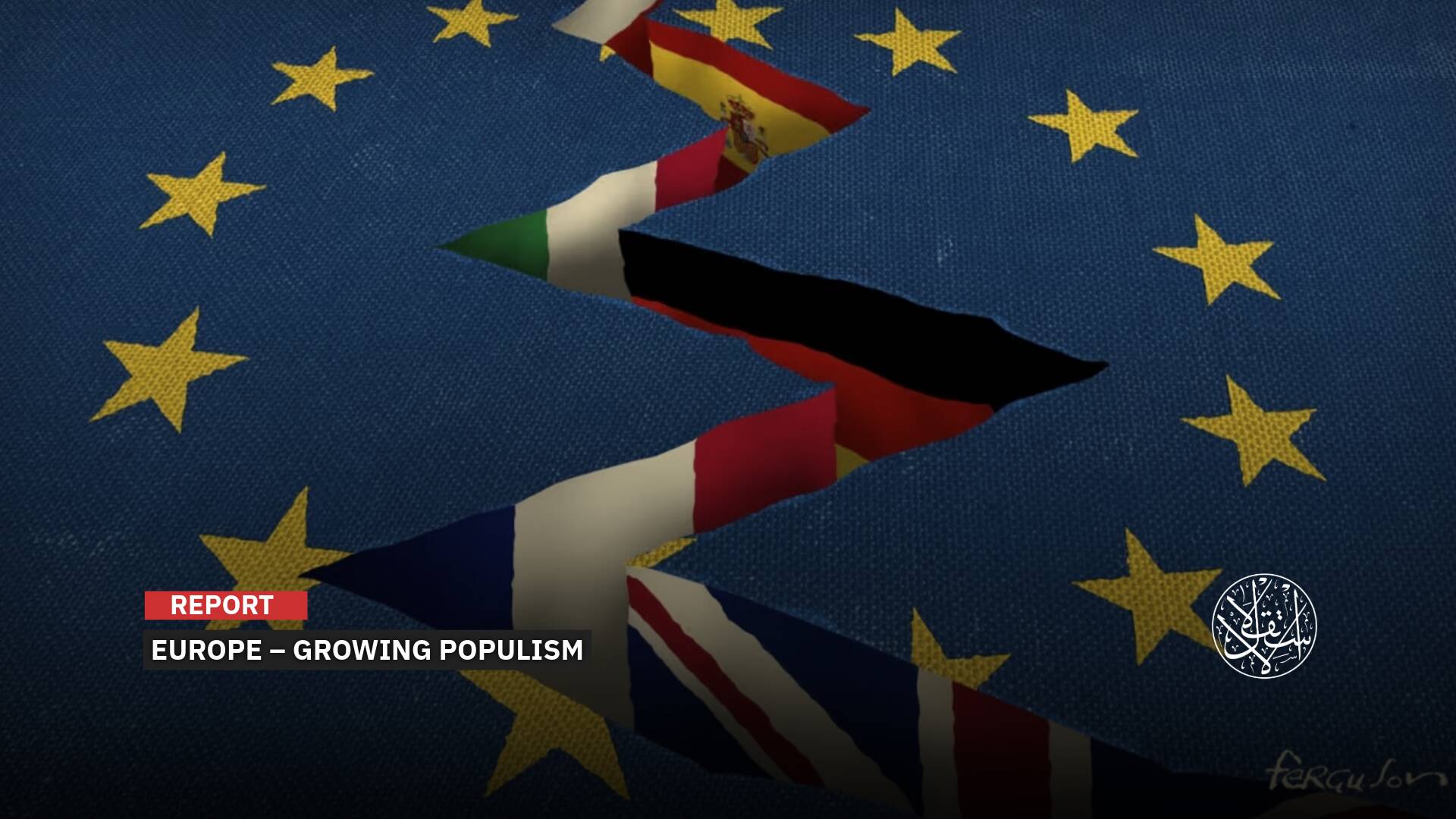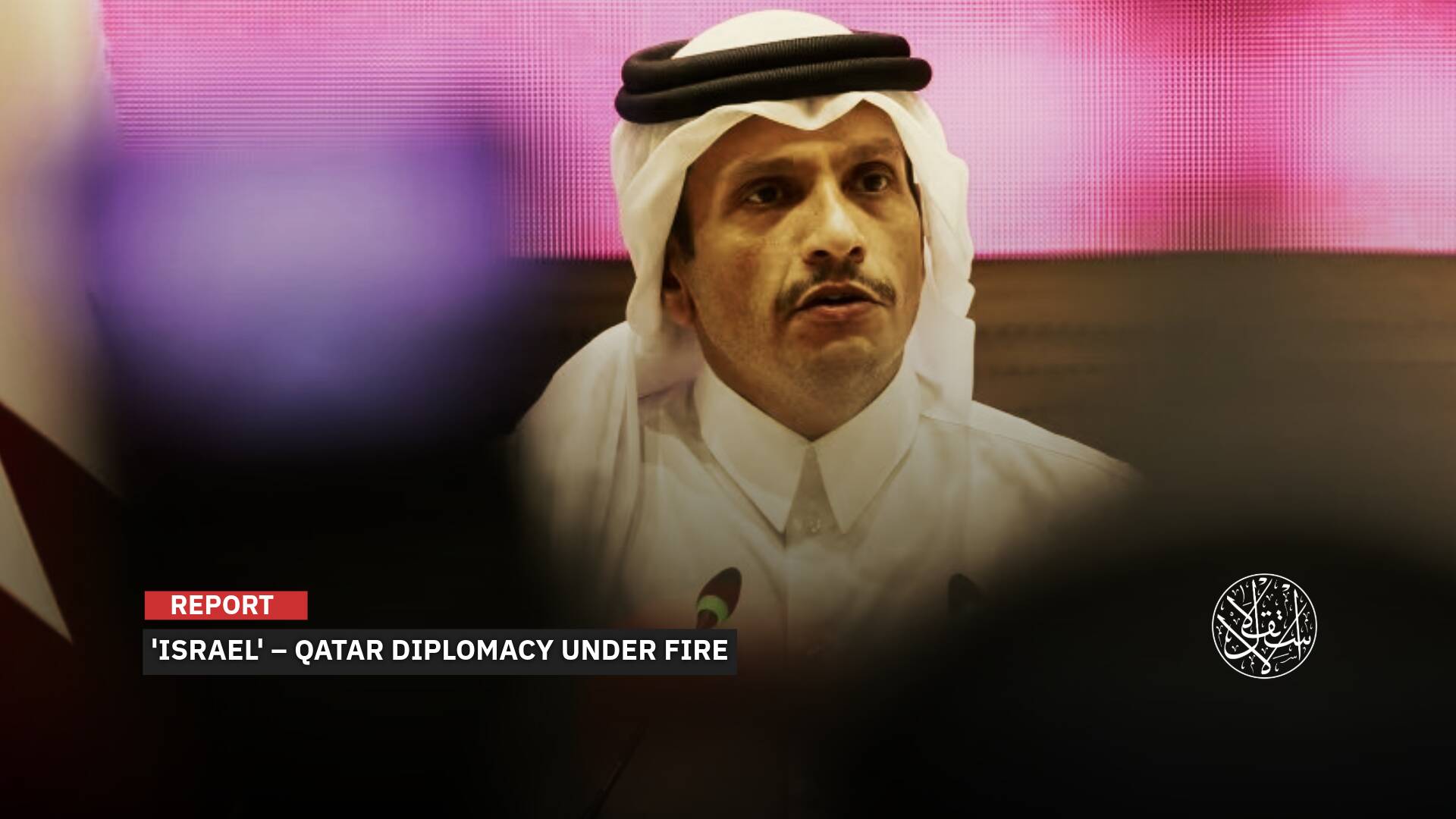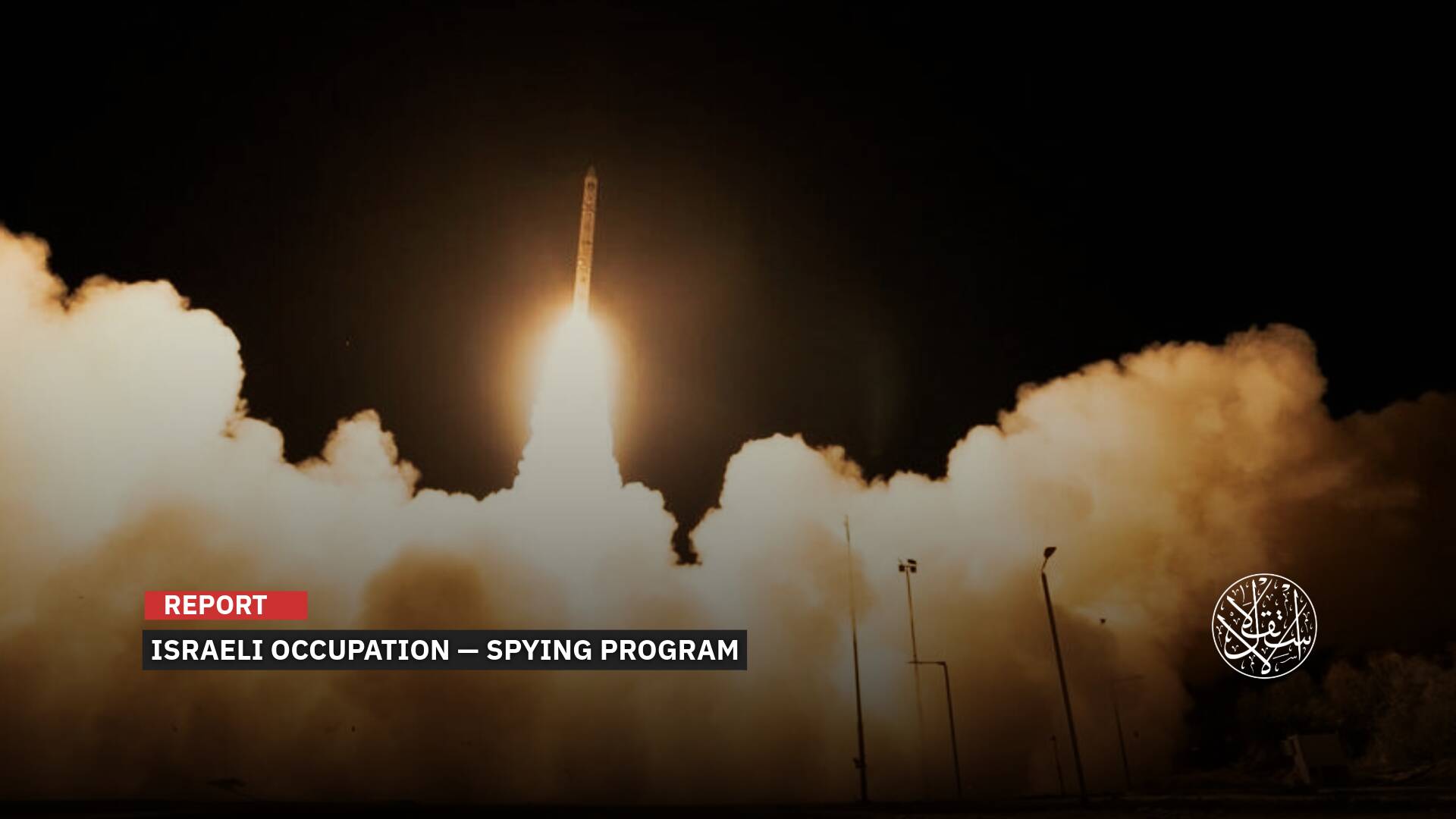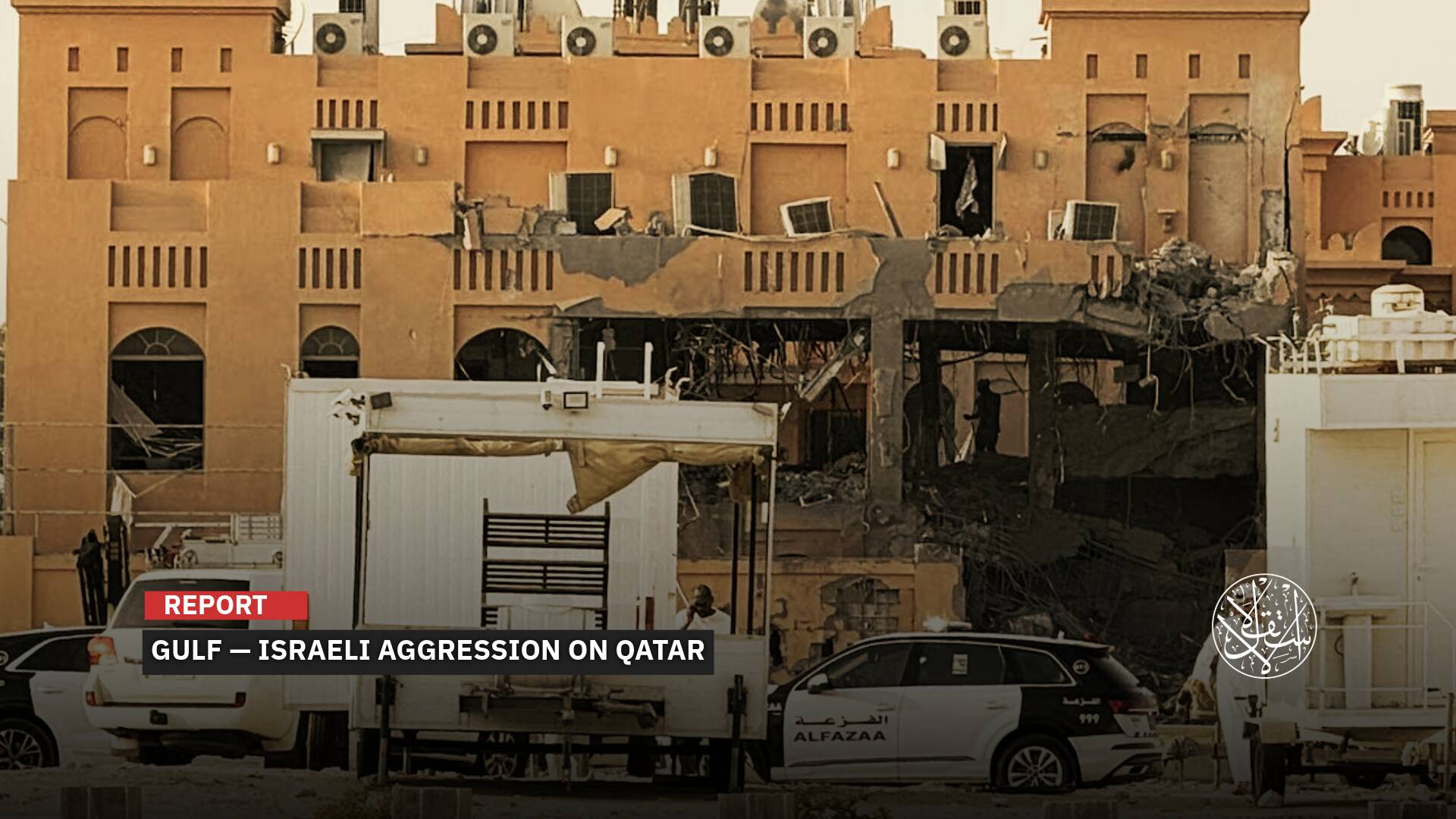Will Trump and Musk Succeed in Dismantling USAID?

“USAID is the international humanitarian and development arm of the U.S. government.”
A heated debate recently erupted in the White House between US President Donald Trump and his Secretary of State for Government Development, Elon Musk, over the fate of the U.S. Agency for International Development (USAID), reflecting a strong desire to consolidate the principle of ‘America First’ that Trump promotes.
After days of speculation about the future of the agency, following the freezing of its funding and the furloughing of dozens of its employees, Musk revealed that President Trump had agreed to shut down USAID, in a move that sparked widespread controversy within American political circles.
On his platform X, Musk launched an unprecedented attack on the largest foreign aid donor in the world, describing it as a criminal gang and a corrupt agency run by leftist Marxists who hate America.
Recent moves indicate that the Trump administration is moving strongly towards restructuring US federal agencies, amid strong opposition from Democrats and warnings about the impact of this on US national security and foreign policy.
Analysts' expectations vary between the possibility of Trump and Musk succeeding in dismantling USAID or the possibility of Congress and the judiciary moving to stop this path, indicating that the coming days will be decisive in determining the future of the agency.
USAID
Over the past five decades, and specifically since the era of former US President Kennedy, USAID has remained the soft face of the United States that travels all over the world.
Kennedy had established USAID at the height of the Cold War to confront Soviet influence, while today the agency is at the heart of US challenges, especially with the growing influence of China, which has a similar foreign aid program called the Belt and Road initiative.
The activities of this charitable organization extend to more than 130 countries, supporting education, reconstruction, refugee programs, providing food aid to the needy, medical care, vaccination, scholarships, and providing aid to victims of conflict zones around the world.
Through a long history of achievements and aid made by this agency, all American presidents who have passed through the White House in the past half century have worked to strengthen its roles.
Former President Barack Obama says that America's strength lies in its values, not its economic and military power.
This agency, which is spread across the world, employs 10,000 American and non-American employees, inside and outside the United States, and all of them have received notice to stop working immediately wherever they are in the world.
On his first day in office, President Trump signed an executive order suspending all federal agencies, including USAID, for 90 days.
The suspension was seen as a timeout to review programs, but the scenario that unfolded earlier this week was not what agency officials and employees expected.
According to current and former agency officials, the Trump administration has fired senior security officials after they refused to allow representatives from the government’s Department of Global Efficiency (DOGE), which Musk runs, into restricted areas of the agency.
The agency’s security chief, John Voorhees, and his deputy were placed on administrative leave, while Musk’s department employees were granted access to security offices and restricted areas, raising concerns among lawmakers.
Observers see the moves as an attempt to transform the agency from an independent entity into a direct arm of the White House, focused on projects that deliver tangible benefits to American citizens rather than supporting global development.

Direct Threat
President Trump has long criticized this aid, describing it as contributing to the destabilization of world peace, by promoting ideas in foreign countries that directly contradict harmonious and stable internal and external relations between countries.
He believes that USAID is not doing its job properly, and that its budget of about $43 billion annually should be directed to domestic programs.
Recently, Trump announced on his social media platform that perhaps the best decision would be to transfer the agency to the State Department, while Secretary Marco Rubio said that a comprehensive review of the agency’s programs is currently underway and that unhelpful programs will be eliminated.
Musk, in turn, said the agency was beyond repair, suggesting that its wheels were broken beyond repair, and later declared that the agency could no longer operate.
In fiscal year 2023, the United States disbursed $72 billion in aid worldwide.
According to reports, the largest amount of aid—more than $16 billion—was sent to Ukraine that year.
In 2024, USAID provided 42% of all humanitarian aid tracked by the United Nations.

Disagreements between the Trump administration and Congress escalated after the freeze on foreign aid, angering a number of lawmakers who saw the move as a direct threat to American interests abroad.
During closed-door discussions, State Department officials were unable to provide clarification on the frozen projects, which increased the uncertainty about the future of aid programs, especially in countries such as Ukraine, which rely on American support in the face of the Russian invasion.
Democratic representatives and senators gathered in front of the agency’s central headquarters in Washington, DC, and held a press conference attended by agency employees, while others tried to enter the headquarters to show their sympathy for its employees, but were prevented from doing so.
They also stressed that Trump’s decision is illegal and unconstitutional because the agency was established in 1961 by Congress, noting that if Trump wants to end the agency’s work, he must cancel the Congressional decision.
Meanwhile, Ten Democratic representatives sent a letter to Secretary of State Marco Rubio demanding urgent clarification on the Trump administration’s decisions.
Senate Democrats insist that they will work to stop all approvals for appointing State Department employees in the new administration until the Trump administration commits to clarifying its position on the fate of USAID.
Sen. Brian Schatz, D-Hawaii, said he was placing a blanket hold on Trump’s nominees for the State Department in light of the situation.
“Dismantling USAID is illegal and makes us less safe,” Schatz, who is on the Foreign Relations Committee, said in a statement.
Sen. Chris Coons, D-Delaware, said that closing USAID is an unprecedented assault on American diplomacy and its standing in the world, and will have serious implications for American national security.
Sen. Chris Van Hollen, D-Maryland, called it an illegal power grab and said it was a corrupt abuse of power that is going on.

Republican Support
On the other hand, a number of Republican lawmakers support shrinking USAID’s role or even eliminating it altogether.
Prominent Republicans said they were open to the maneuver, its disputed constitutionality aside, as long as USAID’s diminishment doesn’t lead to the US abandoning the world stage.
House Foreign Affairs Committee Chairman Brian Mast, R-New York, said he would definitely support changing the agency’s status.
Rep. Brian Mast, R-Florida, said he supports reconsidering USAID’s status as an independent agency, but did not specify whether it would require congressional approval.
Sen. John Curtis, R-Utah, indicated that he supports the broader mission of foreign aid, saying in a statement that China’s active overseas investment is threatening opportunities for freedom and democracy around the world. And we’re losing to them in developing nations.
“USAID could be retooled to make better use of our limited dollars,” he added.
“A lot of the spending that goes on through USAID does not seem to be consistent with US policy. I’m all for a review,” said Sen. John Cornyn, R-Texas.

In turn, Washington-based activist Omar Taha explained in a statement to Al-Estiklal that “if USAID is closed, US influence abroad will decline, especially in regions that depended on American funding to achieve stability and development.”
He also pointed out that “supporters of closing USAID believe that reducing spending on foreign aid will give priority to domestic issues.”
“But there is a constitutional crisis right now, because this is what a dictatorship looks like when you destroy the constitution and institutions, and this is what Trump and Musk are trying to do, by taking away the constitutional authority of Congress,” Mr. Taha concluded.
About 90% of Republicans and 55% of Democrats agreed that the U.S. government was overspending on foreign aid, according to a March 2023 AP-NORC poll.
Surveys from the Kaiser Family Foundation have found that on average, Americans say spending on foreign aid makes up 31% of the federal budget rather than closer to 1% or less.


